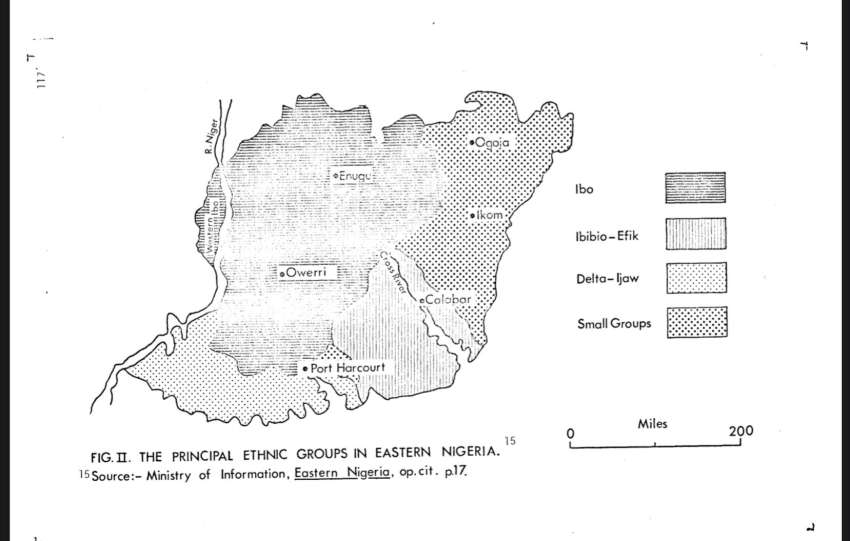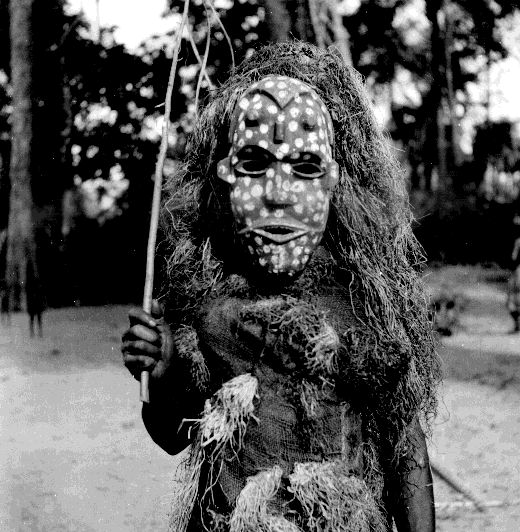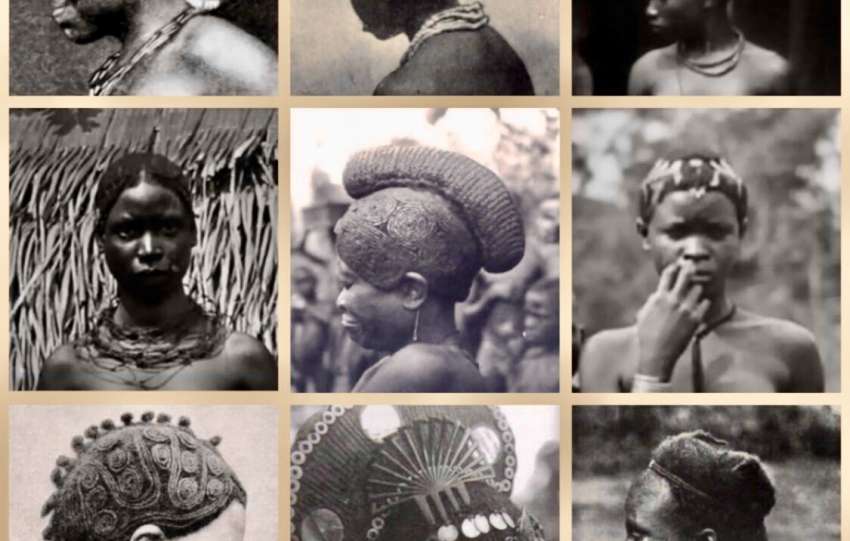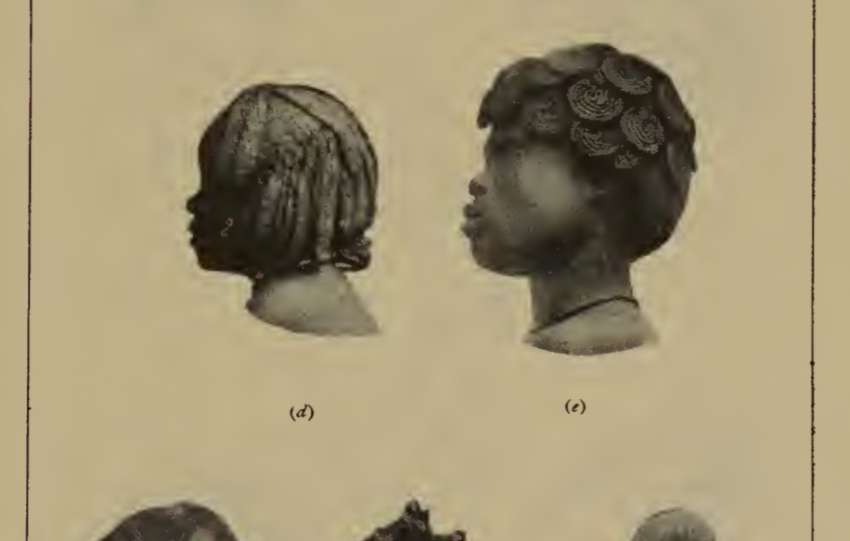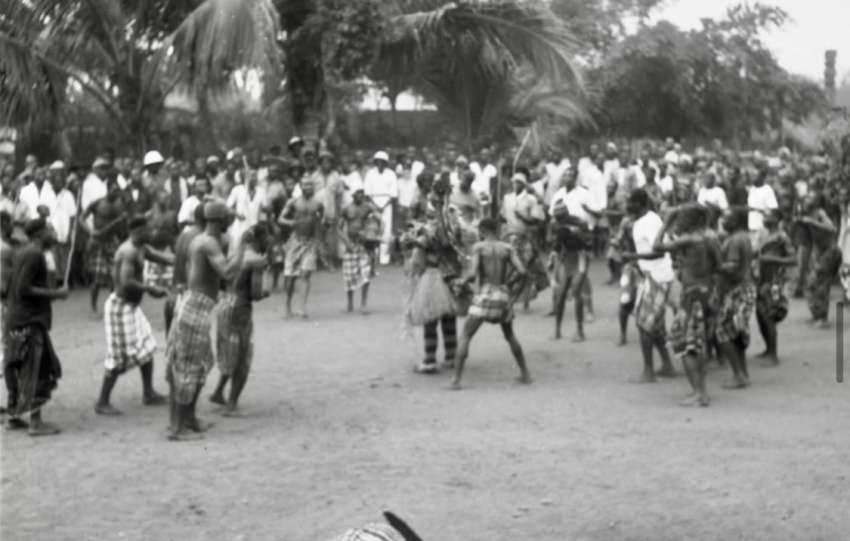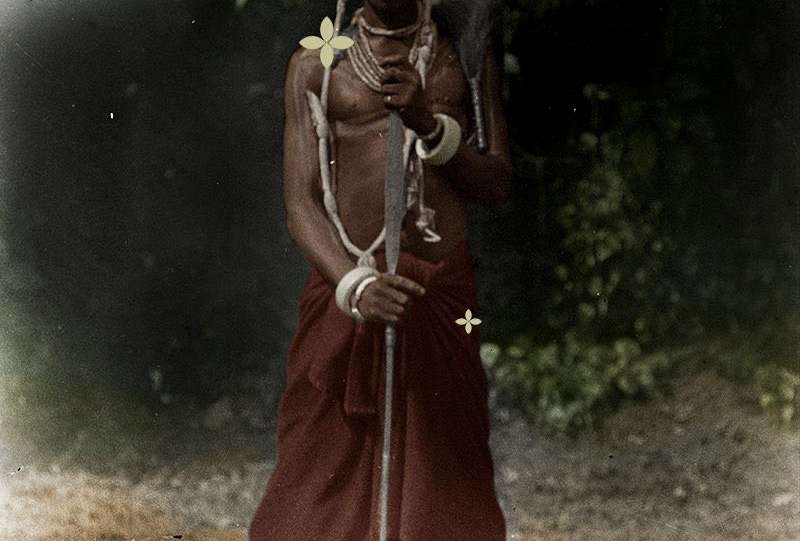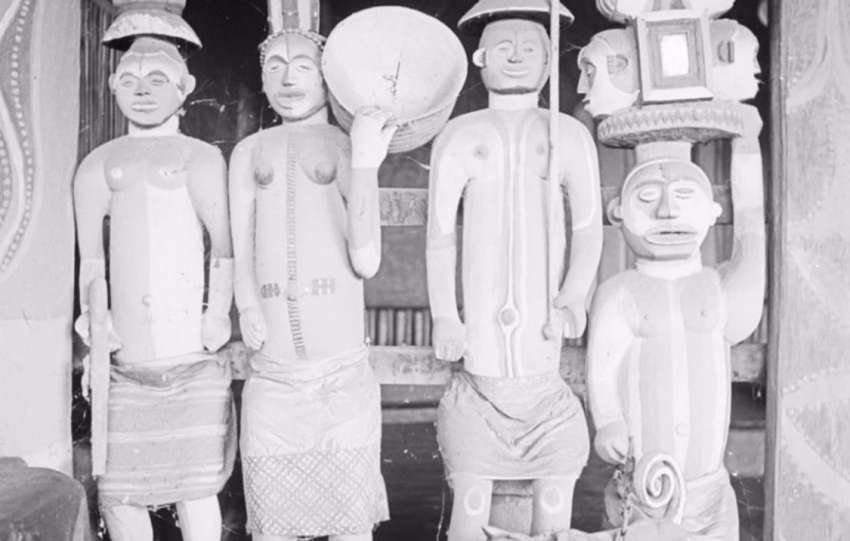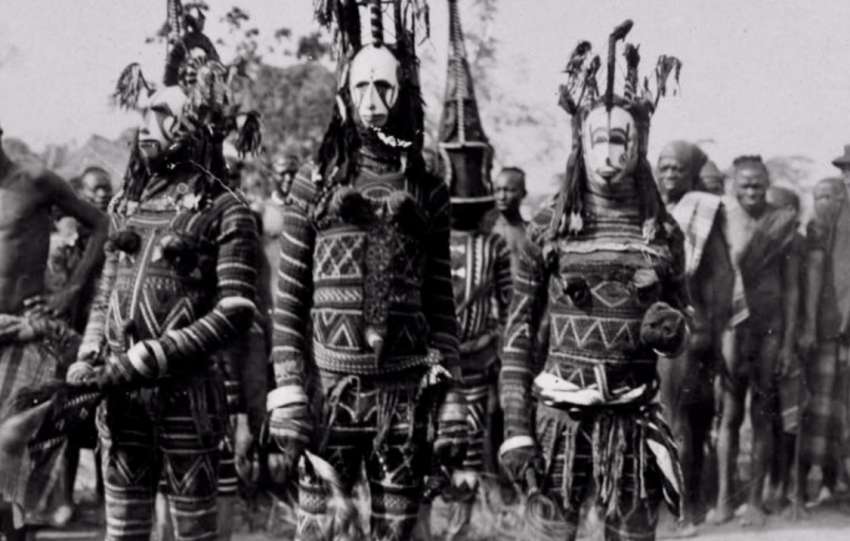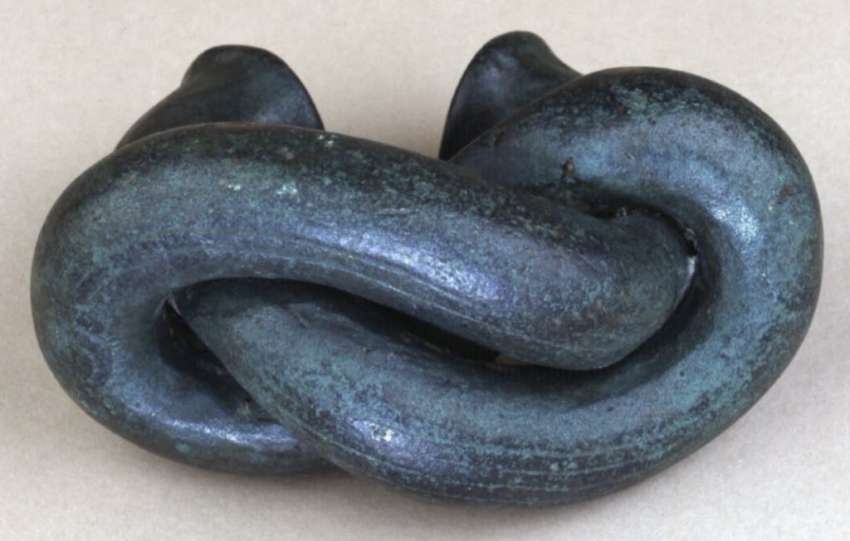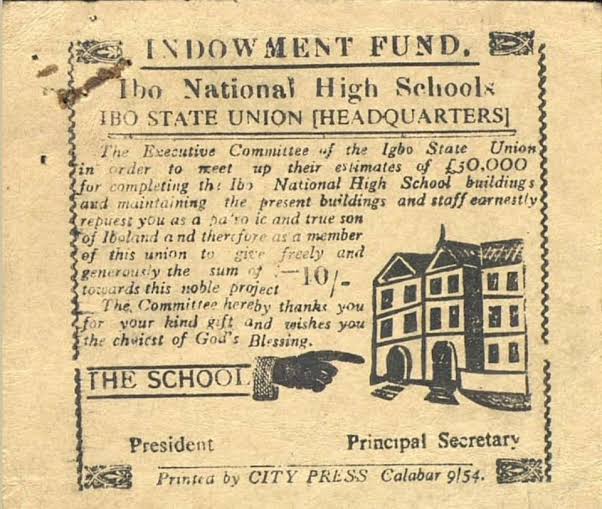THE PRINCIPAL ETHNIC GROUPS IN EASTERN NIGERIA. 15 15 Source:- Ministry of Information, Eastern Nigeria.
The resentment between Western and Northern Nigeria against Eastern Nigeria, particularly in the period leading up to and following Nigeria’s independence in 1960, was driven by a combination of political, economic, ethnic, and cultural factors. This tension ultimately contributed to the…
